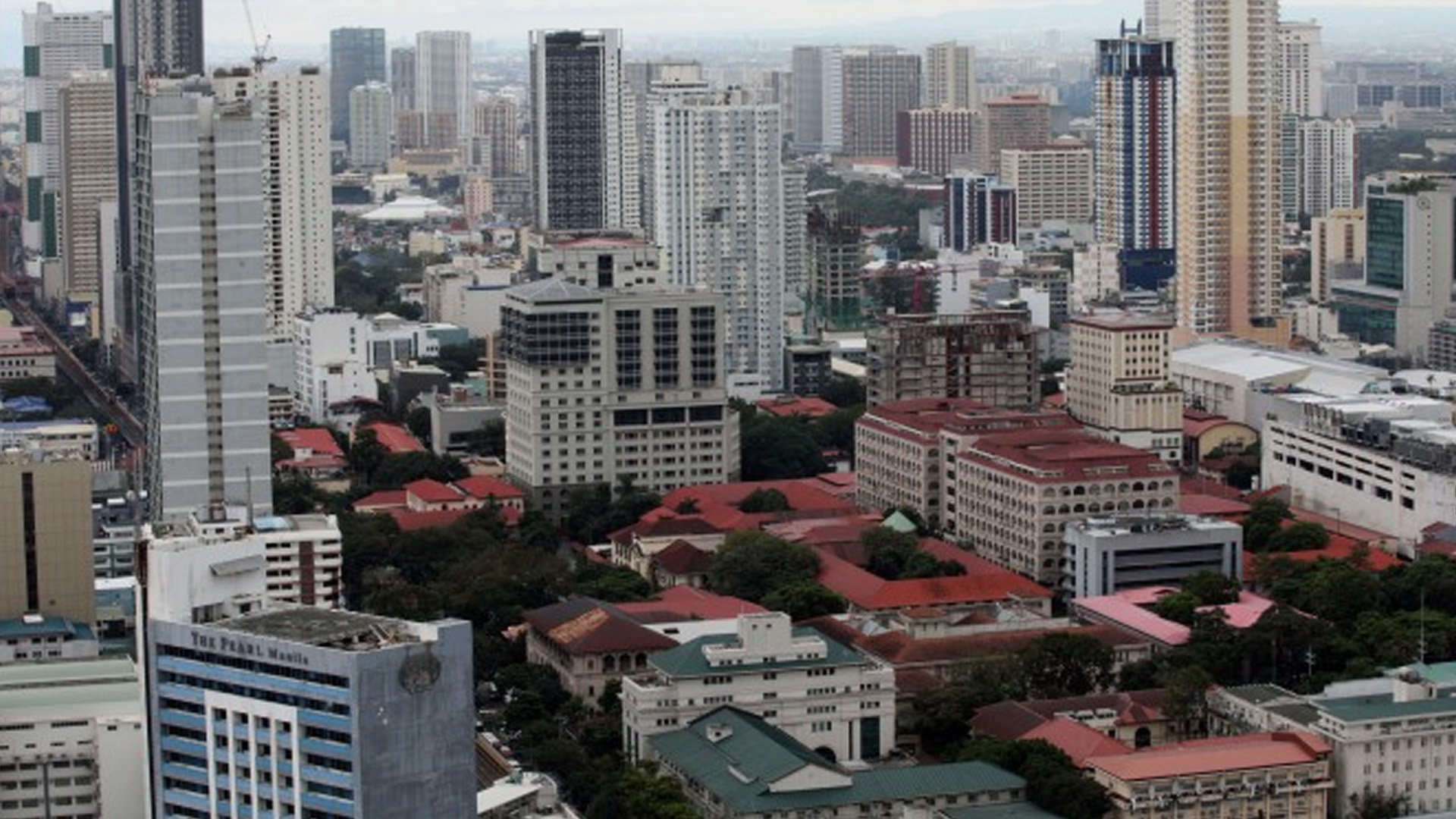The Philippine economy continues to grow at a steady pace but policy shifts need to address structural headwinds, the ASEAN+3 Macroeconomic Research Office (AMRO) said.
In a report released Thursday, AMRO said Philippine economic growth was mainly driven by strong domestic consumption and a stable labor market.
Inflation also eased while global trade tensions have had a limited impact due to the economy’s domestically oriented structure and diversified export markets.
The latest assessment was made during AMRO’s Annual Consultation Visit to the Philippines from Sept. 2 to 19.
The mission was led by Principal Economist Jinho Choi, with policy discussions involving AMRO Director Yasuto Watanabe and Chief Economist Dong He.
Choi said the Philippine economy is expected to grow by 5.6 percent this year and 5.5 percent in 2026 despite external headwinds.
“Growth will be driven mainly by robust private consumption, while private investment and exports will face challenges from US tariff policies. If sustained, the tariff impact—partly offset by front-loaded export orders this year—could weigh more heavily in 2026,” said Choi.
AMRO is also expecting inflation to remain low and stable and settle at 1.8 percent this year and 3.2 percent in 2026 supported by softer supply-side pressures, tariff cuts on rice, and streamlining of non-tariff barriers.
According to AMRO, the near-term macroeconomic and financial outlook remains stable, underpinned by solid domestic demand and healthy financial indicators, including strong profitability, low non-performing loan (NPL) ratios, and ample liquidity and capital buffers.
AMRO noted, however, that sustaining momentum and lifting medium-term growth would require refinement to the country’s growth strategy, including more effective investment by both the public and private sectors to prepare for climate shocks and the upskilling of the labor force for the age of artificial intelligence (AI).
“Fiscal policy should continue balancing fiscal consolidation with development priorities, particularly infrastructure and human capital investment. Monetary policy, after aggressive rate hikes to curb high inflation, has become more accommodative. The BSP (Bangko Sentral ng Pilipinas) should proceed cautiously with further rate adjustments, given the near-zero output gap and potential supply shocks,” AMRO said.
In the medium-to-long term, AMRO cited the need to accelerate fiscal consolidation while upgrading infrastructure and strengthening the financial stability framework.
To improve resilience against climate and disaster shocks, raise competitiveness, and enhance long-term growth potential, AMRO urged the Philippines to refine its growth strategy with streamlined targets and a well-established performance evaluation framework for public spending.
“To embrace the rapid advancement of AI, the authorities should prioritize upgrading sectors with comparative advantages, improving the business environment, continuing upskilling and re-skilling of labor, and encouraging private investment,” AMRO said. (PNA)









